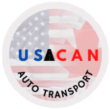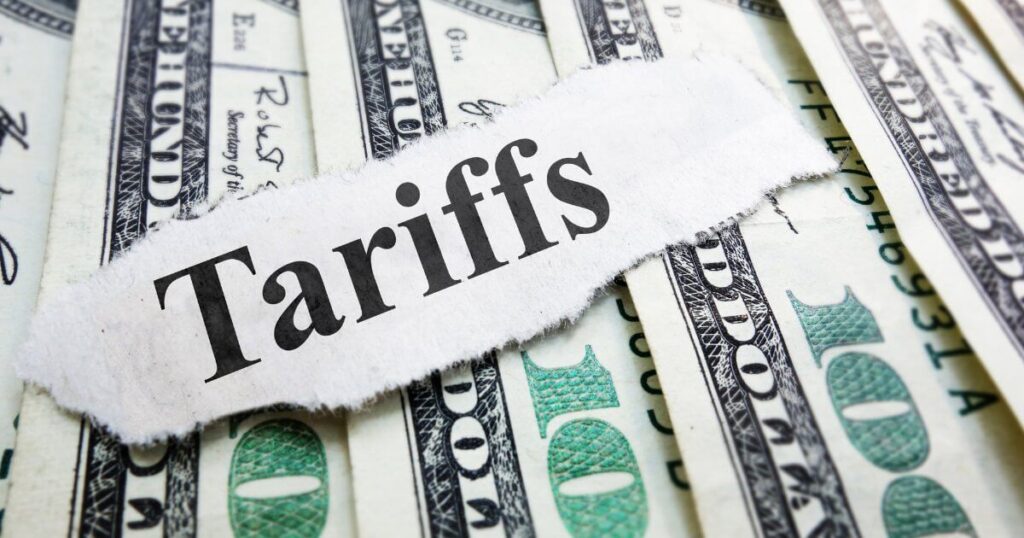When you’re planning to transport a vehicle across international borders, there’s already enough to think about—documentation, timing, and the right auto transport company, just to name a few. But lately, there’s another layer of complexity to consider: tariffs. Whether you’re moving between the U.S. and Canada or shipping a car to Mexico, changing trade policies and import/export taxes can cause significant delays in the process.
If you’ve never dealt with tariffs before, they might feel like a distant policy concern. But when you’re suddenly stuck waiting for customs clearance or slapped with unexpected fees, they become very real—very fast. That’s why preparing for possible delays due to tariffs isn’t just smart; it’s essential for a smooth cross-border auto transport experience.
How Tariffs Disrupt Auto Transport
A tariff is essentially a tax imposed by one country on goods entering from another. In the context of auto transport, it means your car could be subject to additional fees or even regulatory inspections, depending on current trade agreements between countries. While tariffs are mostly associated with new vehicle imports or exports, they can also affect personal vehicle relocations—especially if there’s confusion over whether the transport is considered commercial.
Trade tensions between countries, new policy changes, or temporary increases in tariff rates can all lead to:
- Longer customs processing times, as vehicles undergo closer scrutiny.
- Higher shipping costs, which may be passed on from the transport provider.
- Temporary halts in cross-border transport, if certain vehicle categories are suddenly restricted.
How Tariffs Can Cause Delays in Auto Transport
Delays don’t usually come out of nowhere. They often happen when customs processes slow down due to stricter regulations or increased inspection protocols. Here’s how tariffs can directly affect your shipping timeline:
- Unanticipated Paperwork Requirements
A tariff change might mean you need to provide new documentation, such as certificates of origin or manufacturer invoices—even for used vehicles. If you’re unprepared, your transport may sit idle at the border until everything is squared away. - Vehicle Holds and Inspections
In some cases, customs officials might detain vehicles for inspection to ensure compliance with tariff regulations. This is especially true if your car’s classification or declared value raises any red flags. - Schedule Disruptions from Shipping Companies
Auto transport companies often adjust their schedules or reroute shipments to avoid heavily delayed ports of entry. That means your delivery window could be pushed back, sometimes without much notice. - Port Congestion During Tariff Surges
When tariffs are announced or increased, there’s often a rush of last-minute shipments trying to beat the deadline. This influx of vehicles can clog border checkpoints and shipping terminals, delaying all shipments—yours included.
What You Can Do to Prepare for Tariff-Related Delays

While you can’t control global trade policy, you can prepare yourself for the ripple effects. Here’s how to stay ahead of the curve:
✅ Do Your Homework on Current Trade Policies
Start by checking the latest updates on tariffs between your origin and destination countries. Government websites such as the U.S. Customs and Border Protection (CBP) or Canada Border Services Agency (CBSA) often provide the most reliable information. You’ll want to know:
- Whether your type of vehicle is currently subject to any tariffs.
- If there are any temporary exemptions or new regulations pending.
- What documents customs may request in response to current trade rules.
✅ Choose an Experienced Auto Transport Company
Look for companies, like US Canada Auto Transport, specializing in international or cross-border vehicle transport. They’ll have up-to-date knowledge about:
- Potential tariff impacts.
- Best ports of entry to avoid delays.
- How to expedite the customs clearance process.
Pro Tip: Ask upfront whether the company monitors tariff announcements and how they plan for potential disruptions.
✅ Pad Your Timeline
If you’re moving, relocating for work, or need your vehicle by a certain date, add a buffer of at least 1–2 weeks to your transport schedule. This will give you breathing room in case anything goes off track due to customs or tariff delays.
✅ Gather and Double-Check Your Documentation
Being organized can go a long way in avoiding problems at the border. Make sure you have:
- Vehicle title and registration
- Bill of sale (if applicable)
- Passport or government-issued ID
- Proof of residence or relocation (if required)
- Any import/export forms required by the destination country
Table: Common Documents for Cross-Border Auto Transport
| Document | Purpose | Needed for Tariff Review? |
|---|---|---|
| Title & Registration | Proves ownership and legality of the vehicle | ✅ Yes |
| Bill of Sale (if applicable) | Declares the value of the vehicle | ✅ Yes |
| Import/Export Declaration Forms | Official customs documentation | ✅ Yes |
| Identification (ID/Passport) | Confirms the identity of the vehicle owner | ❌ Not typically |
What to Watch for in the Coming Months
The auto transport industry is closely tied to economic policy. When trade agreements shift or political tensions rise, tariffs may change with little warning. In the coming months, here are a few things to keep an eye on:
- Upcoming trade negotiations or elections that could result in policy shifts.
- Announcements from customs or trade departments about increased inspections.
- Reports from auto transport companies about rerouted shipments or extended delivery windows.
Even if things are stable today, they might look different in a few weeks. Staying informed is your best defense against being blindsided by new delays.
Preparing for Potential Delays in Cross-Border
Cross-border auto transport already requires some strategic planning, and tariffs add an extra layer of unpredictability. But don’t let that discourage you. By staying informed, working with an experienced transport provider, and allowing extra time, you’ll be in a much better position to handle anything that comes your way.
Think of tariffs as just another road bump—one that you can navigate with the right information and a bit of patience. If you’re ever in doubt or want help getting your vehicle across the border smoothly, don’t hesitate to consult a professional auto transport service that knows the ins and outs of international shipping.


